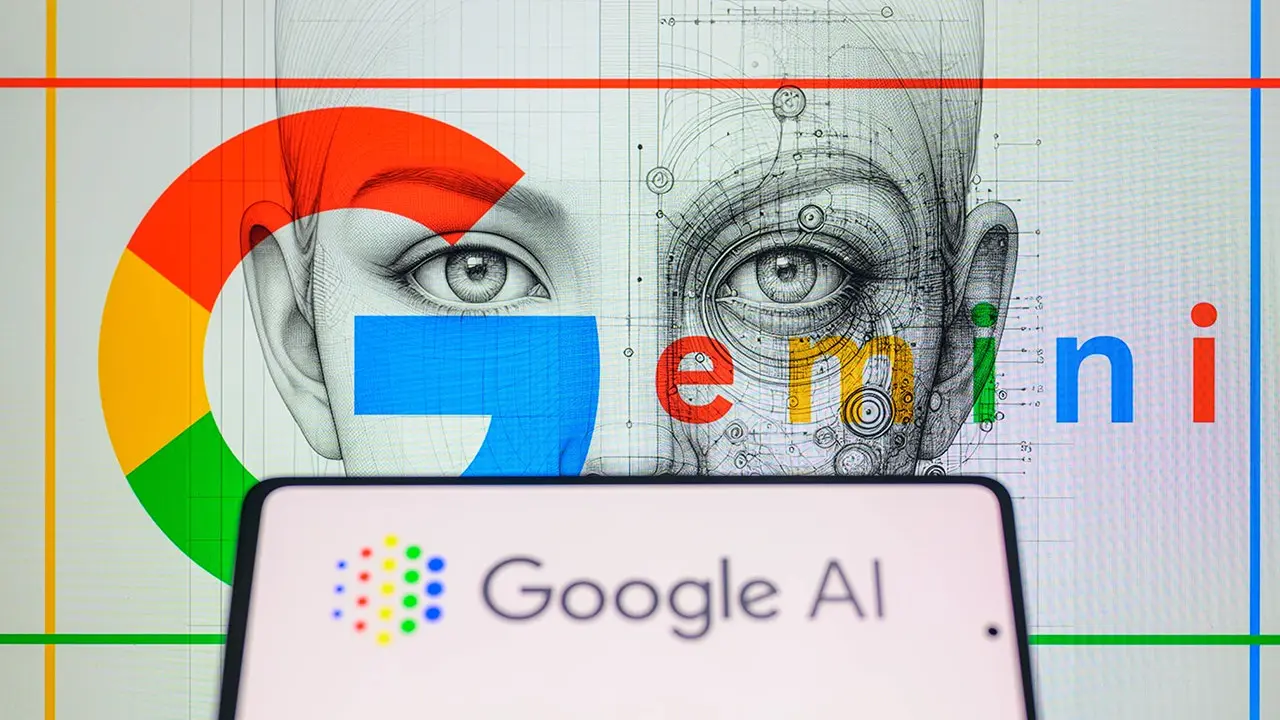Google to pause Gemini AI image generation after refusing to show White people.
Google to pause Gemini AI image generation after refusing to show White people.

Google to pause Gemini image generation after AI refuses to show images of White people

Google to pause Gemini AI image generation after refusing to show White people.::Google will pause the image generation feature of its artificial intelligence model, Gemini, after the model refused to show images of White people when prompted.